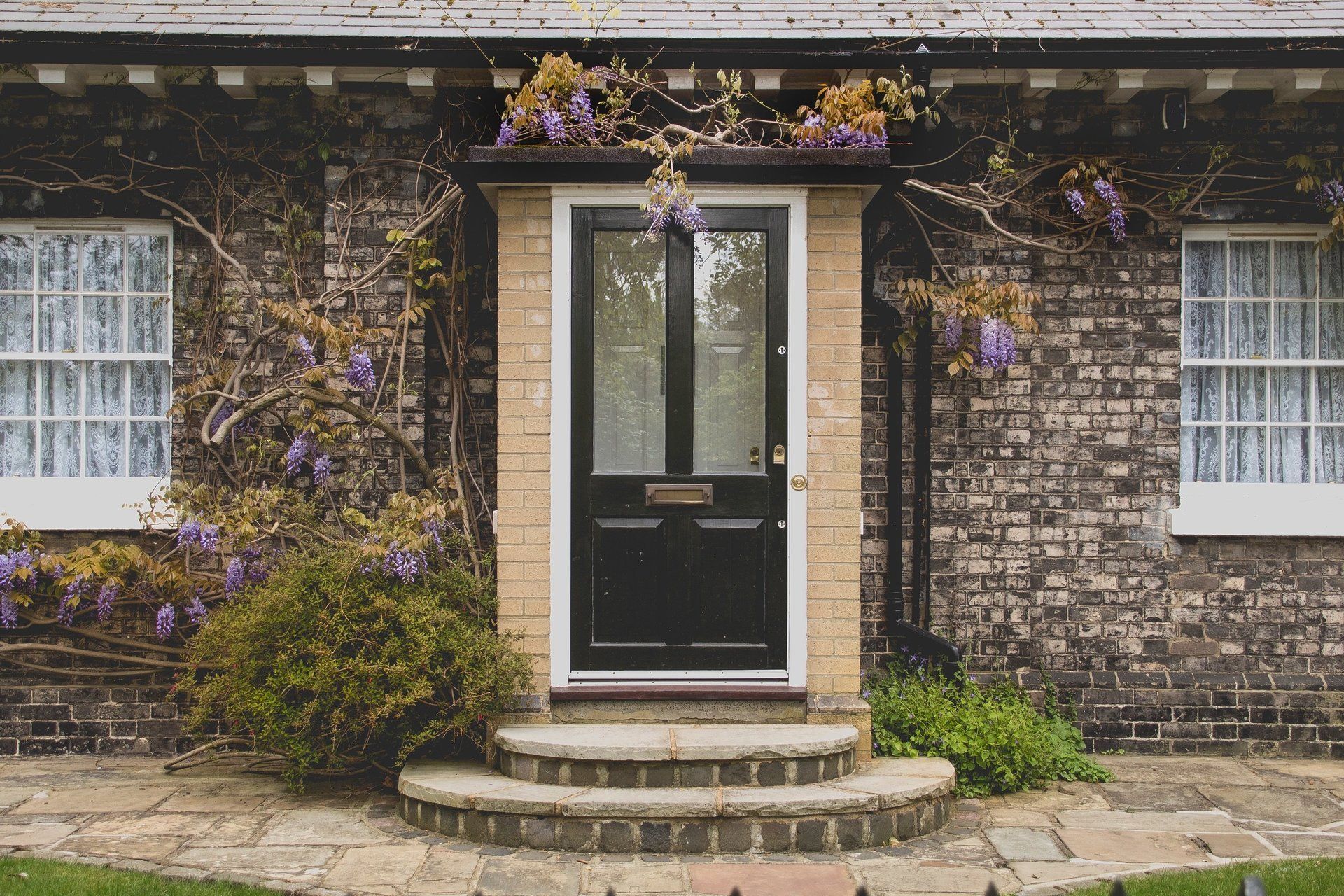Bohm Law Firm's Probate and Estate Planning Lawyer's Blog

Letters Testamentary are legal documents issued by the Surrogate's Court that grant an individual the authority to act as the executor of a deceased person's estate. These letters are crucial for the administration and management of the estate, allowing the executor to settle debts, distribute assets, and carry out the wishes outlined in the decedent's will. In Brooklyn, as in other parts of New York, the Surrogate's Court is responsible for handling matters related to the estates of deceased persons. When a person passes away and leaves a will, the named executor must petition the Surrogate's Court to receive Letters Testamentary. This process ensures that the executor is legally recognized and empowered to manage the estate's assets according to the terms set forth in the will. The process of obtaining Letters Testamentary typically involves submitting a petition to the Surrogate's Court, along with necessary documents such as the death certificate and the Will. The Surrogate's Court will review the petition to ensure that all legal requirements are met. Once satisfied, the Surrogate will sign a probate decree issuing the Letters Testamentary, formally appointing the executor to manage the estate. The importance of Letters Testamentary cannot be overstated. They provide the legal authority needed to access the decedent's financial accounts, pay any outstanding debts, and distribute the remaining assets to the beneficiaries. Without these letters, the executor would not have the legal standing to perform these essential duties.
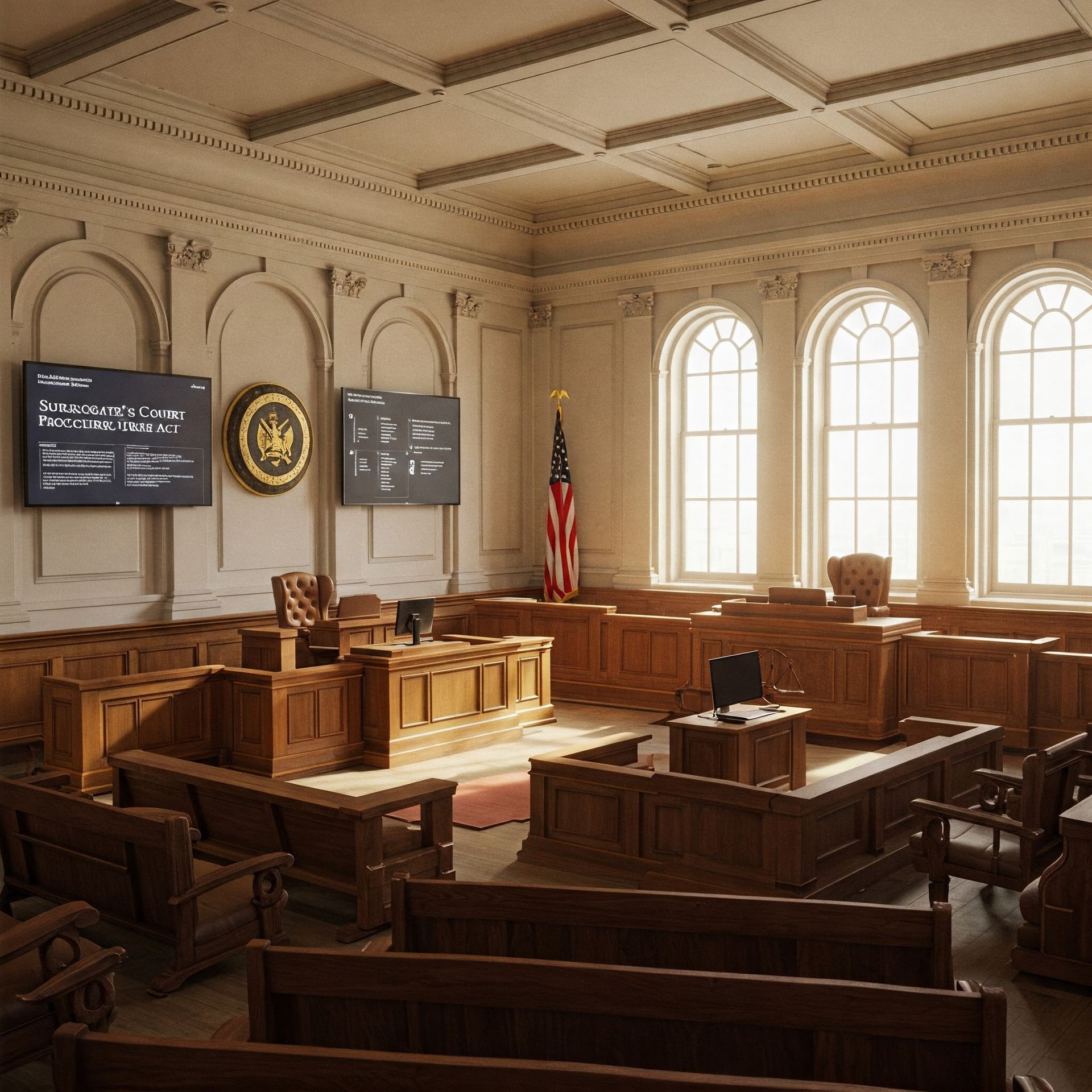
Brooklyn's Surrogate's Court, like similar courts across New York, plays a vital role in handling estate matters. From probating wills to administering estates, these courts ensure the orderly transfer of assets and the protection of beneficiaries. However, outdated procedures can sometimes lead to delays and increased costs. A recent report by the New York City Bar Association , specifically from its Trusts, Estates, and Surrogate's Courts Committee, sheds light on proposed legislative amendments to the New York Surrogate's Court Procedure Act (SCPA) Sections 307 to 309. These amendments aim to improve the efficiency of the legal system, making it more responsive to the needs of those navigating estate matters. Key Proposed Changes: The report highlights several key areas for improvement: Service of Process : Current rules often require personal delivery of a citation to respondents residing in New York, or by registered or certified mail, physical return receipt requested, or by special mail service mail, to a nondomiciliary of New York State. The proposed changes would allow service by certified mail without requiring a return receipt, regardless of the person’s domiciliary status, streamlining the process and reducing costs. Alternative Service : The amendments would grant courts the authority to order alternative methods of service, both within and outside New York State, providing greater flexibility in reaching all parties involved in an estate. Timeframes for Citations : The report suggests adjusting the deadlines for serving citations based on the chosen method of service, ensuring fairness and preventing unnecessary delays. Pinni Bohm's Contribution The report was co-authored by Estate Attorney Pinni Bohm, who co-chairs a New York City Bar Association Subcommittee Addressing Legislative Proposal to Amend the New York Surrogate's Court Procedure Act Sections 307 to 309. Why This Matters These proposed amendments are not merely procedural tweaks. They represent a significant step towards a more efficient and accessible legal system. By streamlining processes and reducing unnecessary burdens, these changes can benefit individuals and families navigating the complexities of estate matters in Brooklyn's Surrogate's Court. This will ultimately lead to a more just and equitable outcome for all involved. https://www.nycbar.org/reports/support-for-amendments-that-would-improve-the-efficiently-of-our-legal-system/
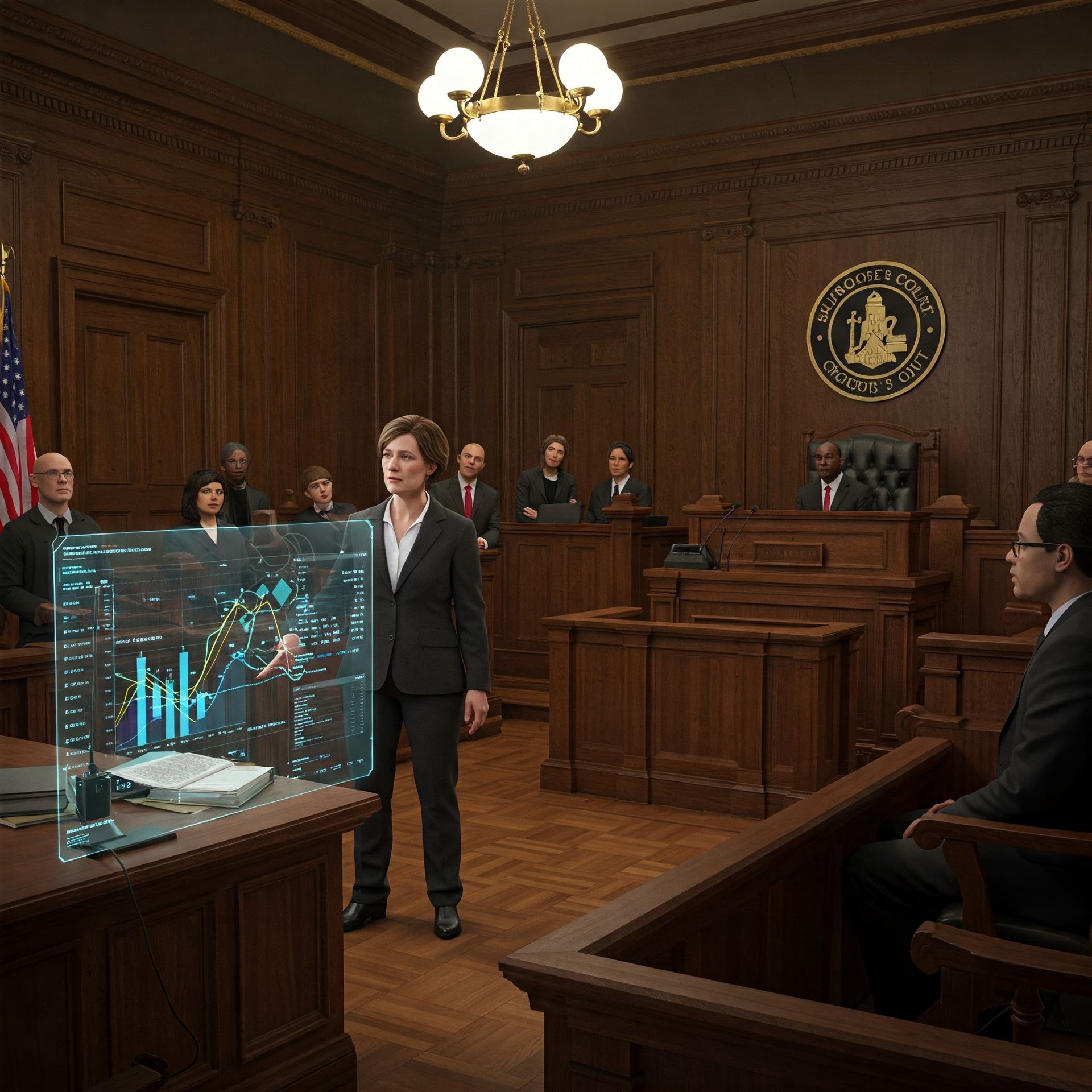
Estate Executor or Administrator is able to recover monies stolen from a decedent by an agent under a power of attorney in New York. In the case of "Matter of Putnam," the executors of the decedent's estate were entitled to recover money from the decedent's daughter, who had improperly used a power of attorney to transfer the decedent's bank accounts to herself before and after the decedent's death. Similarly, in Brooklyn, the Surrogate's Court had the power to order repayment to the decedent's administrator where the person with the power of attorney withdrew the entire proceeds of the decedent's savings bank account while the decedent was alive. Additionally, in Kings County, the court recognized that an executor could recover damages for conversion when an agent under a power of attorney made unauthorized gifts to themselves or others without specific authorization in the power of attorney document. This indicates that executors have the authority to challenge and recover unauthorized transfers made by agents under a power of attorney. Furthermore, the case in New York establishes that the executor or administrator of a decedent's estate has the duty to recover personal property of the estate, reinforcing the executor's role in recovering assets wrongfully taken by an agent under a power of attorney.

Wire Fraud: A Growing Threat to Brooklyn Estates In today's digital world, wire fraud poses a significant risk to individuals and businesses, including those involved in estate planning and estate administration. Brooklyn estate attorneys are increasingly encountering cases where clients have fallen victim to sophisticated scams, often resulting in substantial financial losses. How Wire Fraud Impacts Brooklyn Estate Matters A common scenario involves hackers compromising an email account from someone associated with estate proceedings. By monitoring communications, they can intercept sensitive information like upcoming wire transfers for property sales, inheritance distributions, or probate settlements. Hackers then spoof emails, making them appear to originate from legitimate parties like attorneys, executors, or beneficiaries. These fraudulent emails often contain altered wire transfer instructions, directing funds to the criminal's account. Protecting Your Brooklyn Estate from Wire Fraud To safeguard your estate assets from these threats, consider the following precautions: Enhanced Verification: Always independently verify wire transfer instructions through a trusted phone number or in-person meeting, not solely relying on emails. Email Security Measures: Implement strong passwords, enable two-factor authentication, and be wary of clicking on links or opening attachments from unknown senders. Attorney-Client Communication: Maintain open and secure communication channels with your Brooklyn estate attorney . Discuss potential risks and establish clear protocols for verifying instructions. Estate Planning Best Practices: Work with your attorney to ensure your estate plan includes provisions for secure and transparent financial transactions. Conclusion By understanding the tactics employed by wire fraudsters and implementing robust security measures, you can significantly reduce the risk of falling victim to these scams. Consult with a reputable Brooklyn estate attorney to discuss specific strategies for protecting an estate and ensuring a smooth and secure transition of assets. Disclaimer: This blog post is for informational purposes only and does not constitute legal advice.

Letters of trusteeship are legal documents issued by the Surrogate's Court in New York, granting an individual or entity the authority to act as a trustee of a trust created by a will. These letters are essential for managing and administering the trust according to the terms set forth in the will. In Brooklyn, as in other parts of New York, the Surrogate's Court handles matters related to the estates of deceased persons, including the issuance of letters of trusteeship. When a person passes away and leaves a will that establishes a trust, the named trustee must apply to the Surrogate's Court to receive these letters. This process ensures that the trustee is legally recognized and empowered to manage the trust's assets, pay any debts, and distribute the remaining assets to the beneficiaries as specified in the will In re Smith's Estate, 48 N.Y.S.2d 378 , In re Estate of Sabin, 155 Misc. 507 . The Surrogate's Court has the jurisdiction to issue letters of trusteeship to a trustee named in the decedent's will, provided the trustee has duly qualified. This qualification process typically involves submitting a petition to the court, along with necessary documents such as the death certificate and affidavits of attesting witnesses. Once the court is satisfied that all requirements are met, it will issue the letters of trusteeship, formally appointing the trustee to manage the trust In re Estate of Sabin, 155 Misc. 507 , Surrogate’s Court Information . It is important to note that the Surrogate's Court can issue letters of trusteeship even if the trustee is a non-resident, as long as the trust concerns real property situated within New York State. This flexibility ensures that the decedent's wishes are honored, regardless of the trustee's place of residence In re Estate of Sabin, 155 Misc. 507 . In summary, letters of trusteeship are crucial for the legal administration of a trust created by a will. The Surrogate's Court in Brooklyn, like other Surrogate's Courts in New York, oversees the issuance of these letters, ensuring that the appointed trustee can effectively manage and distribute the trust's assets according to the decedent's wishes In re Smith's Estate, 48 N.Y.S.2d 378 , In re Estate of Sabin, 155 Misc. 507 , Surrogate’s Court Information .
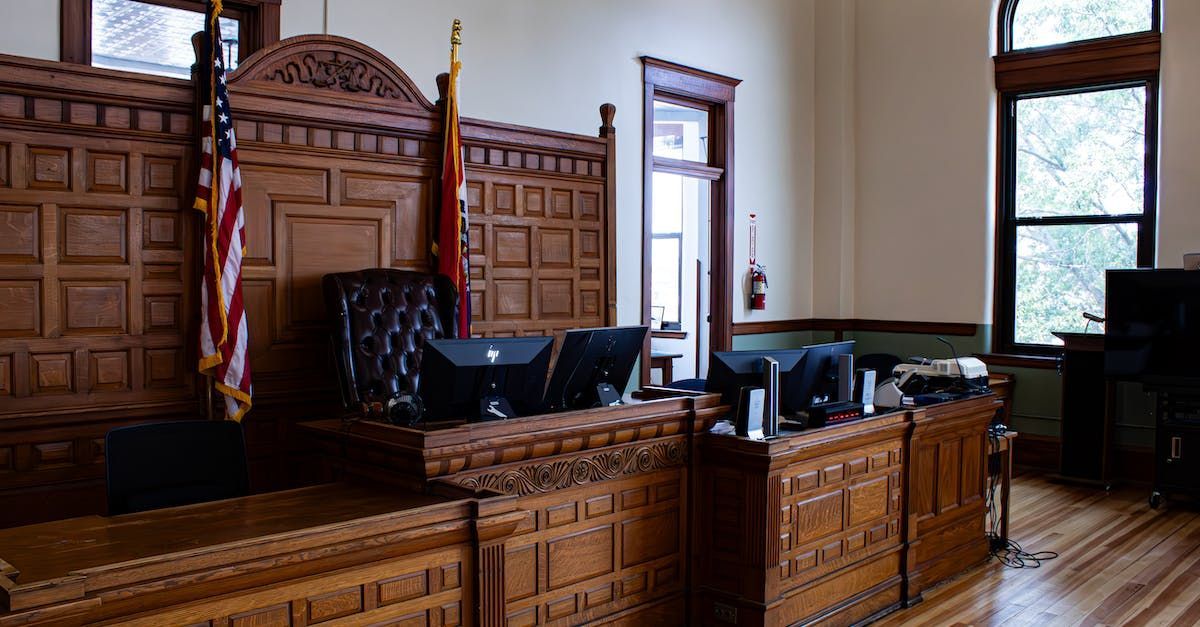
Introduction: This memo provides an overview of the legal requirements for executing a will in New York. It outlines the statutory requirements for valid execution, the presumption of due execution, the concept of testamentary capacity, and the burden of proof in proving the validity of a will. Legal Standards/Rules: In New York, before a will may be admitted to probate, the court must be satisfied that the will has been validly executed in accordance with the statutory requirements, and that the document expresses the testator's intentions. Matter of Dralle . The execution of a will requires observance of specific statutory formalities: the testator must sign the document at the end; the testator must sign or acknowledge the signature in the presence of the attesting witnesses; the testator must declare to each of the attesting witnesses that the instrument is his or her will; and there must be two attesting witnesses who shall, within 30 days, attest the testator's signature and, at the request of the testator, sign their names and affix their residence addresses. Matter of Fraccaro . Analysis: When an attorney drafts a will and supervises its execution, a presumption of regularity is raised that the will was properly executed. Matter of Dralle . This means that if an attorney is involved in the drafting and execution process, it is generally assumed that the will was executed properly unless there is evidence to the contrary. In addition to the formal requirements for executing a will, the testator must also have testamentary capacity. This means that the testator must understand the nature and consequences of executing a will, know the nature and extent of her property, and be aware of the natural objects of her bounty. Matter of Mallin . The burden of proving the validity of a purported will lies with its proponent, who must do so by a preponderance of the evidence. Matter of Fraccaro . This means that the person who is proposing the will for probate must provide sufficient evidence to show that it is more likely than not that the will was validly executed and that the testator had the necessary testamentary capacity. Conclusion: In conclusion, executing a will in New York requires adherence to specific statutory formalities, the testator's testamentary capacity, and the proponent's ability to prove the validity of the will by a preponderance of the evidence. If an attorney is involved in drafting and supervising the execution of the will, a presumption of regularity is raised. Content Supporting Response: Matter of Dralle Appellate Division 3rd Department 192 A.D.3d 1239 Mar 4, 2021 Matter of Fraccaro Appellate Division 3rd Department 161 A.D.3d 1275 May 3, 2018 Matter of Mallin Nassau County Supreme Court 2016 N.Y. Misc. LEXIS 3997 Jul 1, 2016
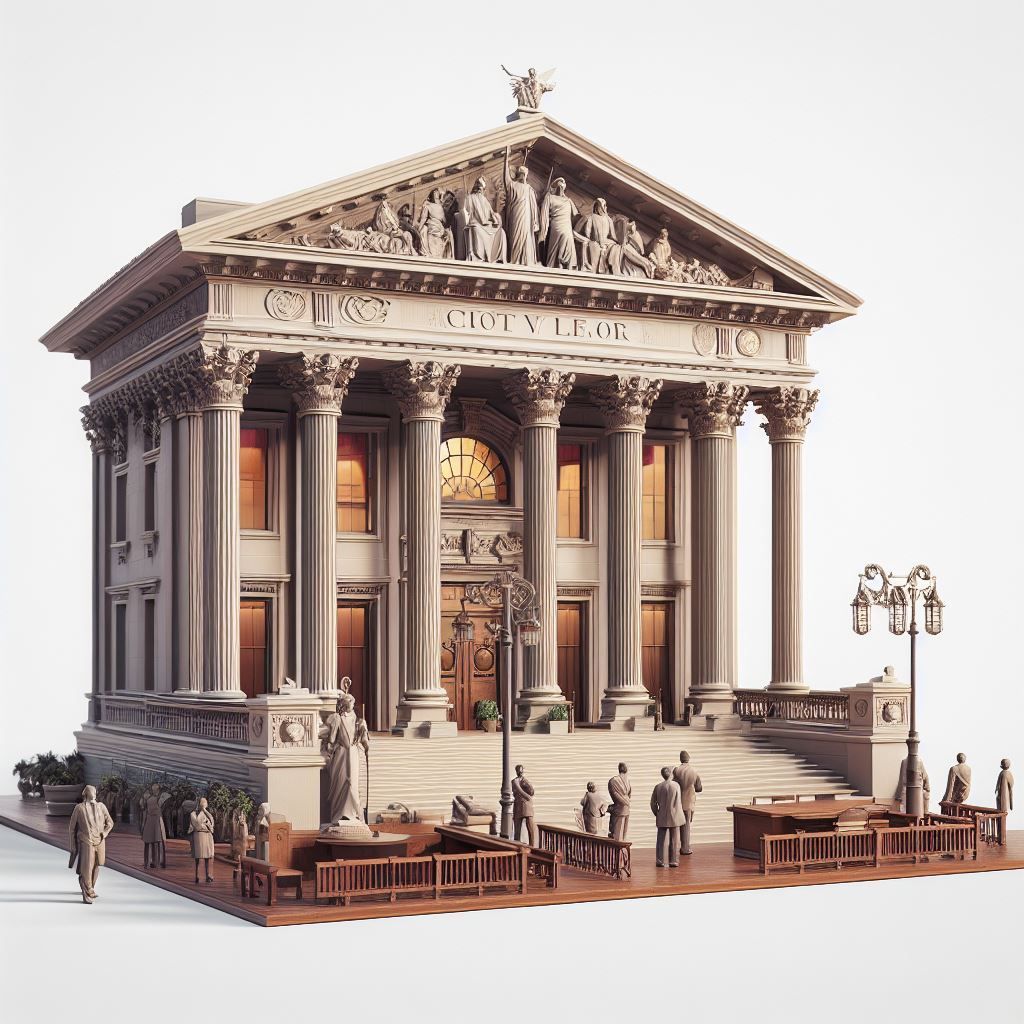
If you are involved in a Brooklyn or Manhattan probate or estate administration proceeding, you will be required to pay a filing fee to the Surrogate’s Court. These fees are set by the Surrogate’s Court Procedure Act (SCPA) 2402 and vary depending on the type and value of the proceeding. In this blog post, we will explain the different types of fees and how they are calculated. Probate Fees Probate is the legal process of validating a will and distributing the assets of a deceased person according to their wishes. To start a probate proceeding, you must file a petition and the original will with the Surrogate’s Court in the county where the decedent lived. You also must pay a filing fee based on the value of the estate passing by Will. The fee schedule for probate proceedings is as follows 1 : Value of Estate Passing by Will Fee Less than $10,000.......................$45 $10,000 but under $20,000.........$75 $20,000 but under $50,000..........$215 $50,000 but under $100,000........$280 $100,000 but under $250,000......$420 $250,000 but under $500,000......$625 $500,000 and over.........................$1,250 The fee is computed initially on the gross estate passing by will as stated in the petition. However, if the value of the estate is later shown to be higher or lower than the original estimate, an additional fee or a refund may be due. For example, if you initially paid $280 for an estate valued at $80,000, but later found out that the estate was actually worth $120,000, you must pay an additional fee of $140 ($420 - $280). Conversely, if you initially paid $625 for an estate valued at $300,000, but later found out that the estate was actually worth $200,000, you would be entitled to a refund of $205 ($625 - $420). The probate fee includes all charges, except if probate is contested. If someone objects to the validity of the will or your appointment as executor, you may have to pay additional fees for filing objections ($150), demand for jury trial ($150), or note of issue ($45). Administration Fees Administration is the legal process of distributing the assets of a deceased person who died without a will (intestate) according to the laws of New York. To start an administration proceeding, you must file a petition and other documents with the Surrogate’s Court in the county where the decedent lived. You also need to pay a filing fee based on the value of the estate passing by intestacy. The fee schedule for administration proceedings is as follows 1 : Value of Estate Passing by Intestacy Fee Less than $10,000................................$45 $10,000 but under $20,000..................$75 $20,000 but under $50,000..................$215 $50,000 but under $100,000................$280 $100,000 but under $250,000..............$420 $250,000 but under $500,000..............$625 $500,000 and over................................$1,250 The fee is computed initially on the gross estate passing by intestacy as stated in the petition. However, if the value of the estate is later shown to be higher or lower than the original estimate, an additional fee or a refund may be due. The same examples as above apply. The administration fee includes all charges, except if administration proceeding is contested. If someone objects to your appointment as administrator or to the distribution of the estate, you may have to pay additional fees for filing objections ($75), demand for jury trial ($150), or note of issue ($45). Other Fees There are other types of proceedings and matters that may require fees in the Surrogate’s Court. Some examples are: Accounting: This is when you file a report of how you managed and distributed the estate assets as executor or administrator. The fee for filing an accounting petition is based on the value of the estate accounted for and ranges from $45 to $1,250 1 . Guardianship: This is when you seek to appoint a guardian for a minor or an incapacitated person. The fee for filing a guardianship petition is based on the value of the property or income of the person in need of a guardian and ranges from $20 to $400 1 . Trust: This is when you seek to create, modify, or terminate a trust for the benefit of a beneficiary. The fee for filing a trust petition is based on the value of the trust property and ranges from $45 to $1,250 1 . Miscellaneous: There are other fees for various services and matters in the Surrogate’s Court, such as filing a will for safekeeping ($45), filing a bond ($20 or $30), or obtaining a certified copy of a document ($8) 1 . How to Pay the Fees You can pay the fees by cash, cashier's check, money order, or credit card. But, some courts may not accept all forms of payment, so you should check with the local county court for information on acceptable methods of payment 2 . You can find the contact information of the Surrogate’s Courts in Brooklyn, Manhattan, Queens, Bronx, and Staten Island on the court's websites. Conclusion Filing fees are an unavoidable part of dealing with probate and estate administration matters in New York. However, by knowing the types and amounts of fees and how to pay them, you can avoid surprises and plan your budget accordingly. If you need help with any aspect of probate or estate administration, you should consult with an experienced attorney who can guide you through the process and protect your rights and interests. Please call our Brooklyn or Manhattan offices at 718-407-4461 or 212-920-5224 to discuss how we can assist you with this estate process. Hiring an attorney not familiar with New York estate law to represent you in your estate proceeding might lead to unfortunate consequences that will cost you more money in the long-run. Bohm Law Firm - Brooklyn Probate and Estate Planning Lawyer

Brooklyn or Manhattan courts typically impose NY SCPA 805(3) restrictions upon an estate administrator's authority to sell, transfer, mortgage, or otherwise encumber NYC real estate without further order of the Surrogate's Court. Estate administrators must then petition the Brooklyn or Manhattan Surrogate's Court to request that these restrictions be removed or modified. Request requires the following items: New York State ET-117 releasing the automatic estate tax lien imposed on NYC estates; Consent forms signed by all relevant distributees; Proposed Brooklyn or Manhattan Surrogate Decree; Cashier's Check Made Payable to the Brooklyn or Manhattan Surrogate's Court for the $45 Filing Fee; Proposed New York Citation to issue to all distributees who have not consented to the sale, transfer, or mortgage; and Verified New York petition signed by NYC fiduciary or other interested party that includes: List of assets, debts, and other relevant factors affecting estate; and List of all distributees for estate. Please call our Brooklyn or Manhattan office at 718-407-4461 or 212-920-5224 to discuss how we can assist you with this process. Bohm Law Firm - Brooklyn Probate and Estate Planning Lawyer

Letters Testamentary are legal documents issued by the Surrogate's Court that grant an individual the authority to act as the executor of a deceased person's estate. These letters are crucial for the administration and management of the estate, allowing the executor to settle debts, distribute assets, and carry out the wishes outlined in the decedent's will. In Brooklyn, as in other parts of New York, the Surrogate's Court is responsible for handling matters related to the estates of deceased persons. When a person passes away and leaves a will, the named executor must petition the Surrogate's Court to receive Letters Testamentary. This process ensures that the executor is legally recognized and empowered to manage the estate's assets according to the terms set forth in the will. The process of obtaining Letters Testamentary typically involves submitting a petition to the Surrogate's Court, along with necessary documents such as the death certificate and the Will. The Surrogate's Court will review the petition to ensure that all legal requirements are met. Once satisfied, the Surrogate will sign a probate decree issuing the Letters Testamentary, formally appointing the executor to manage the estate. The importance of Letters Testamentary cannot be overstated. They provide the legal authority needed to access the decedent's financial accounts, pay any outstanding debts, and distribute the remaining assets to the beneficiaries. Without these letters, the executor would not have the legal standing to perform these essential duties.

Brooklyn's Surrogate's Court, like similar courts across New York, plays a vital role in handling estate matters. From probating wills to administering estates, these courts ensure the orderly transfer of assets and the protection of beneficiaries. However, outdated procedures can sometimes lead to delays and increased costs. A recent report by the New York City Bar Association , specifically from its Trusts, Estates, and Surrogate's Courts Committee, sheds light on proposed legislative amendments to the New York Surrogate's Court Procedure Act (SCPA) Sections 307 to 309. These amendments aim to improve the efficiency of the legal system, making it more responsive to the needs of those navigating estate matters. Key Proposed Changes: The report highlights several key areas for improvement: Service of Process : Current rules often require personal delivery of a citation to respondents residing in New York, or by registered or certified mail, physical return receipt requested, or by special mail service mail, to a nondomiciliary of New York State. The proposed changes would allow service by certified mail without requiring a return receipt, regardless of the person’s domiciliary status, streamlining the process and reducing costs. Alternative Service : The amendments would grant courts the authority to order alternative methods of service, both within and outside New York State, providing greater flexibility in reaching all parties involved in an estate. Timeframes for Citations : The report suggests adjusting the deadlines for serving citations based on the chosen method of service, ensuring fairness and preventing unnecessary delays. Pinni Bohm's Contribution The report was co-authored by Estate Attorney Pinni Bohm, who co-chairs a New York City Bar Association Subcommittee Addressing Legislative Proposal to Amend the New York Surrogate's Court Procedure Act Sections 307 to 309. Why This Matters These proposed amendments are not merely procedural tweaks. They represent a significant step towards a more efficient and accessible legal system. By streamlining processes and reducing unnecessary burdens, these changes can benefit individuals and families navigating the complexities of estate matters in Brooklyn's Surrogate's Court. This will ultimately lead to a more just and equitable outcome for all involved. https://www.nycbar.org/reports/support-for-amendments-that-would-improve-the-efficiently-of-our-legal-system/

Estate Executor or Administrator is able to recover monies stolen from a decedent by an agent under a power of attorney in New York. In the case of "Matter of Putnam," the executors of the decedent's estate were entitled to recover money from the decedent's daughter, who had improperly used a power of attorney to transfer the decedent's bank accounts to herself before and after the decedent's death. Similarly, in Brooklyn, the Surrogate's Court had the power to order repayment to the decedent's administrator where the person with the power of attorney withdrew the entire proceeds of the decedent's savings bank account while the decedent was alive. Additionally, in Kings County, the court recognized that an executor could recover damages for conversion when an agent under a power of attorney made unauthorized gifts to themselves or others without specific authorization in the power of attorney document. This indicates that executors have the authority to challenge and recover unauthorized transfers made by agents under a power of attorney. Furthermore, the case in New York establishes that the executor or administrator of a decedent's estate has the duty to recover personal property of the estate, reinforcing the executor's role in recovering assets wrongfully taken by an agent under a power of attorney.












